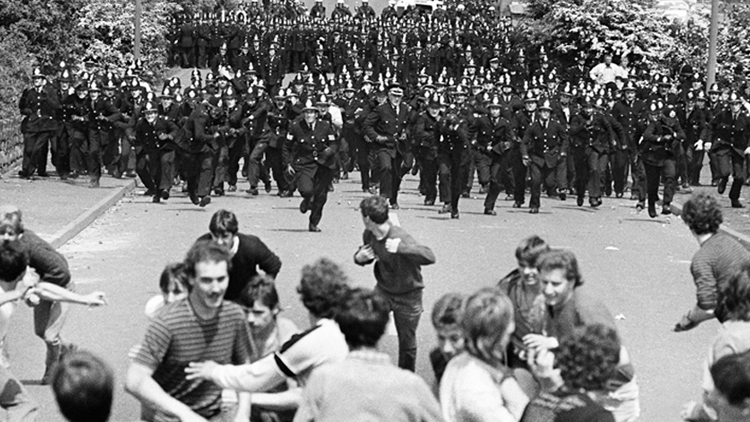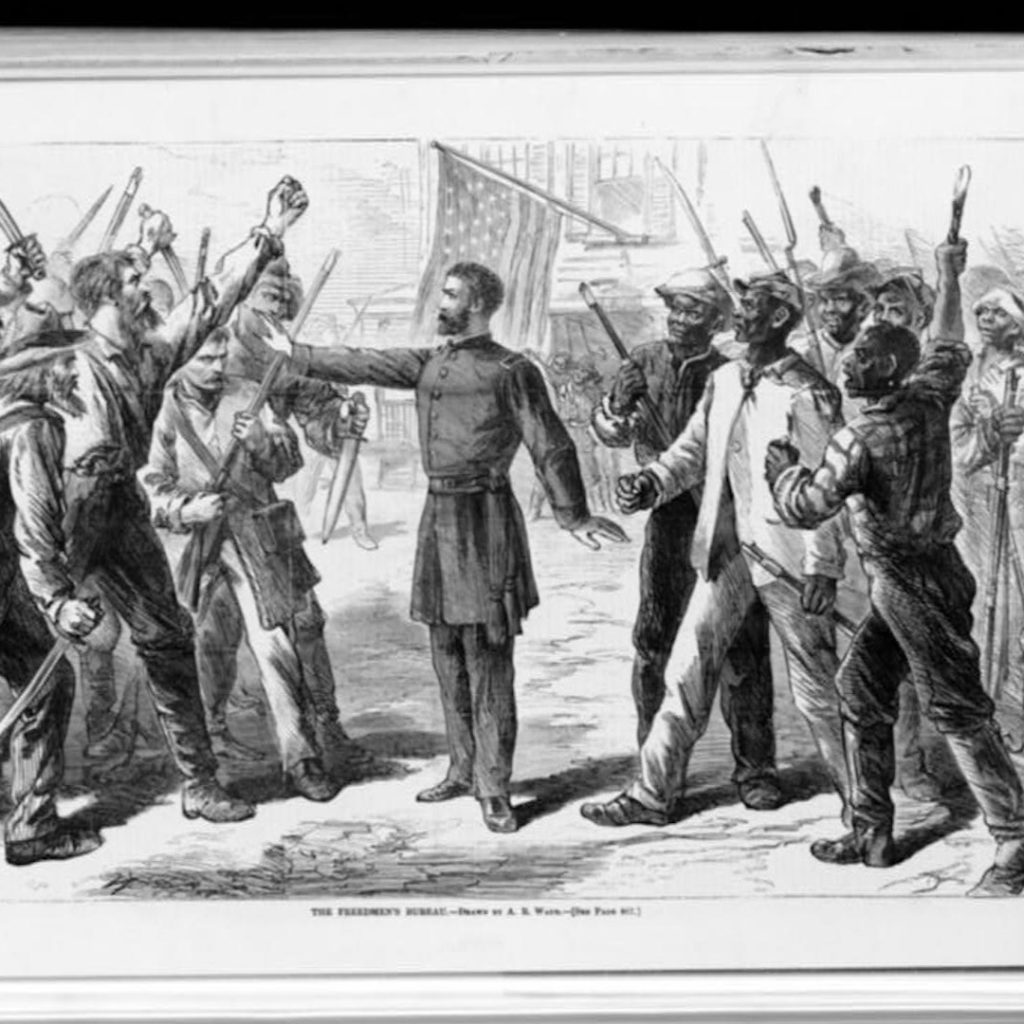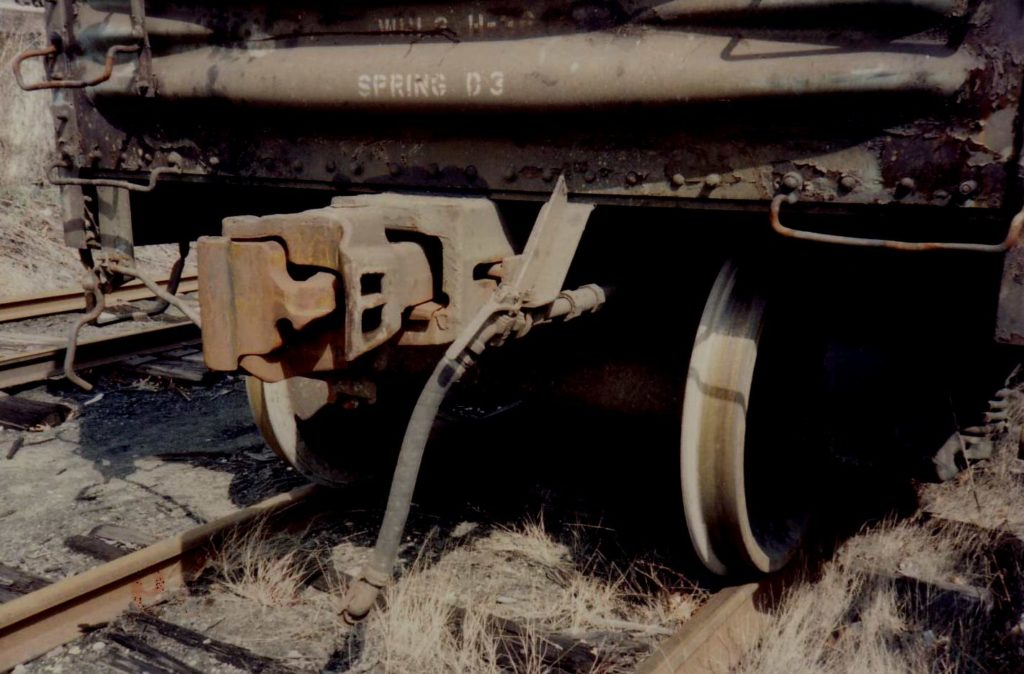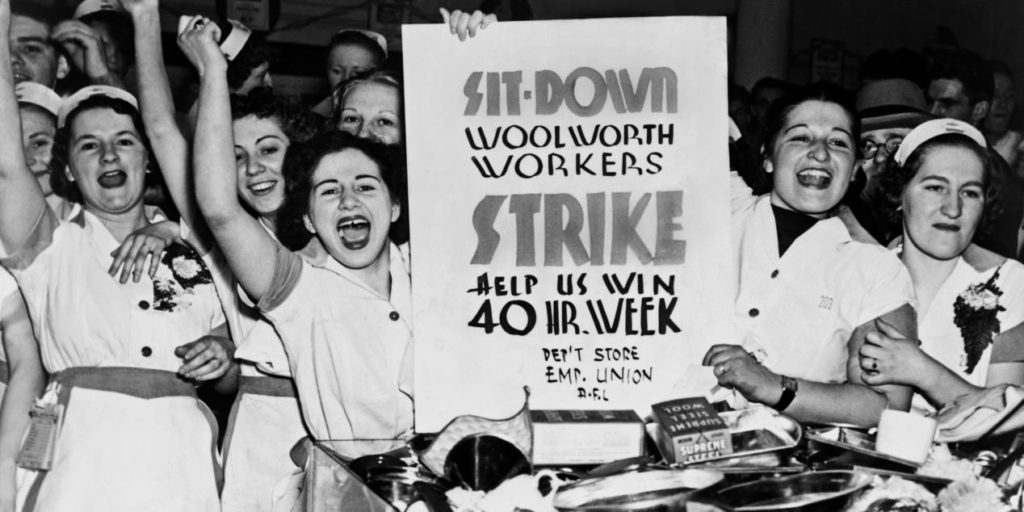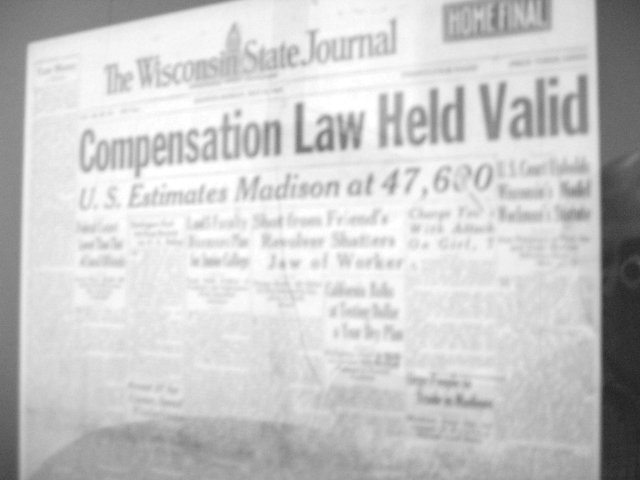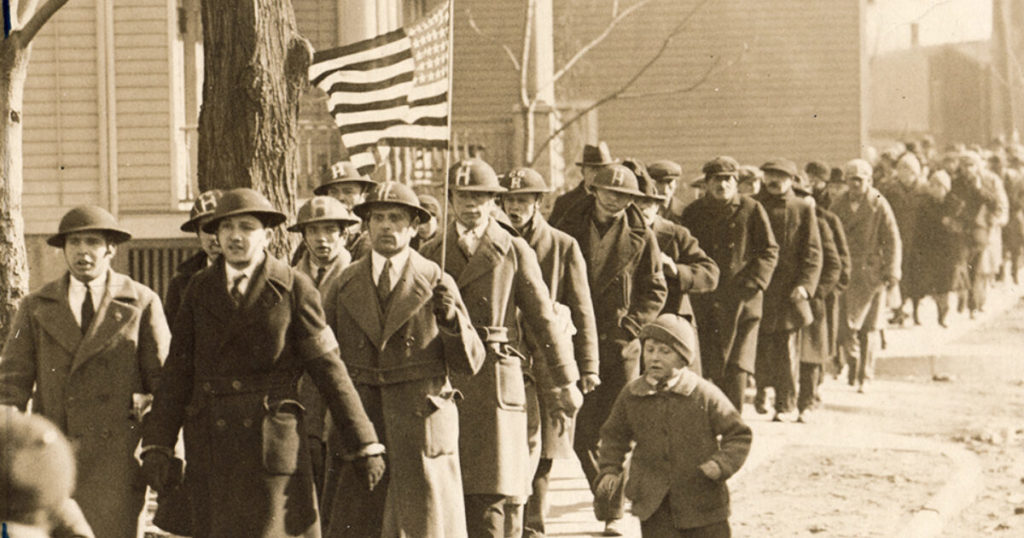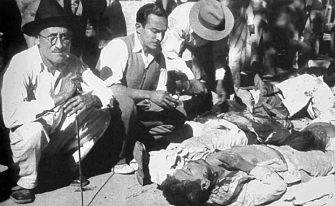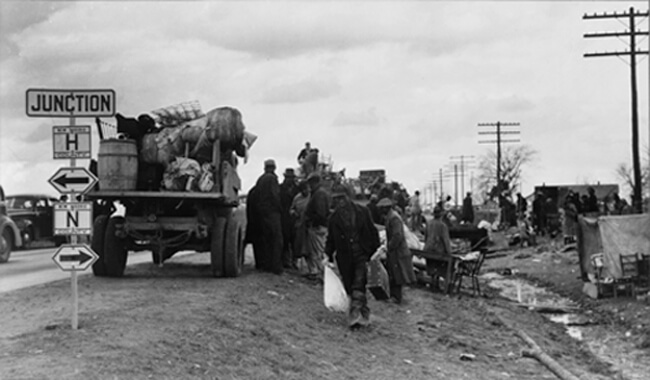This Day in Labor History
On March 3, 1865, Congress established the Freedmen's Bureau to adjudicate relations between white planters and the now-freed slaves in the South, especially around labor issues. A potentially excellent idea,.
On March 2, 1893, President Benjamin Harrison signed the Safety Appliance Act. This critical act finally created a modicum of safety on American railroads, mandating air brakes and automatic couplers.
On February 26, 1885, the Alien Contract Labor Act, better known as the Foran Act, restricting contract laborers from entering the U.S., passed Congress, putting additional pressure to stop Chinese.
On January 28, 1932, Wisconsin governor Philip LaFollette signed his state's pioneering unemployment compensation legislation, making that state the first in the nation to create such a law. This was.
On January 22, 1932, the El Salvadoran military began what became known as La Matanza, or the Salvadoran Peasant Massacre, after Pipils in western El Salvador rose up against their.
On January 10, 1939, tenant farmers in the Missouri Bootheel created roadside protests for the rights of tenants and for a rural New Deal, a symbol of the long-term struggles.
On December 15, 1989, the Oil, Chemical, and Atomic Workers come to an agreement with the German chemical company BASF for the company’s largest plant, in Geismer, Louisiana, after a.
On December 6, 1970, the Calumet Community Congress met for the first time. This movement to fight pollution in Gary, Indiana was one of many forms of working class environmentalism.



